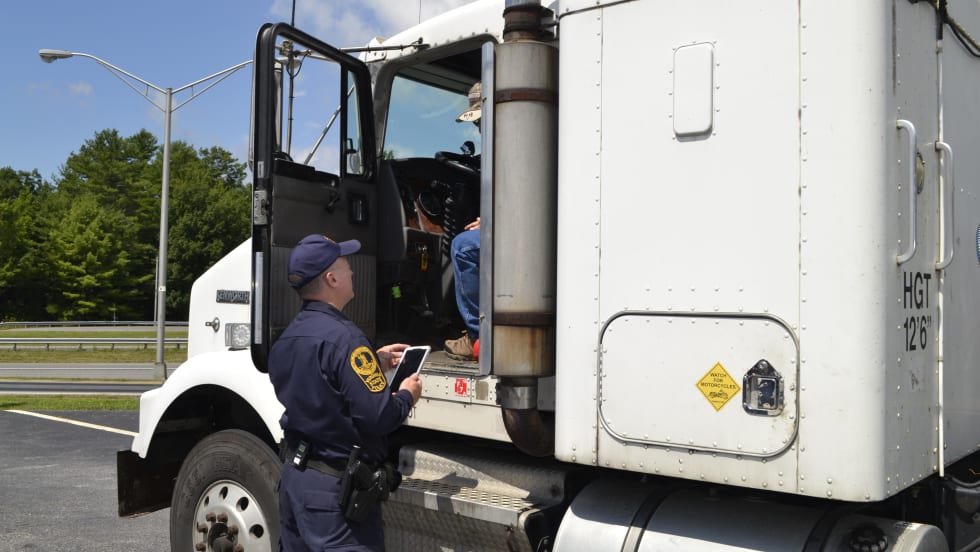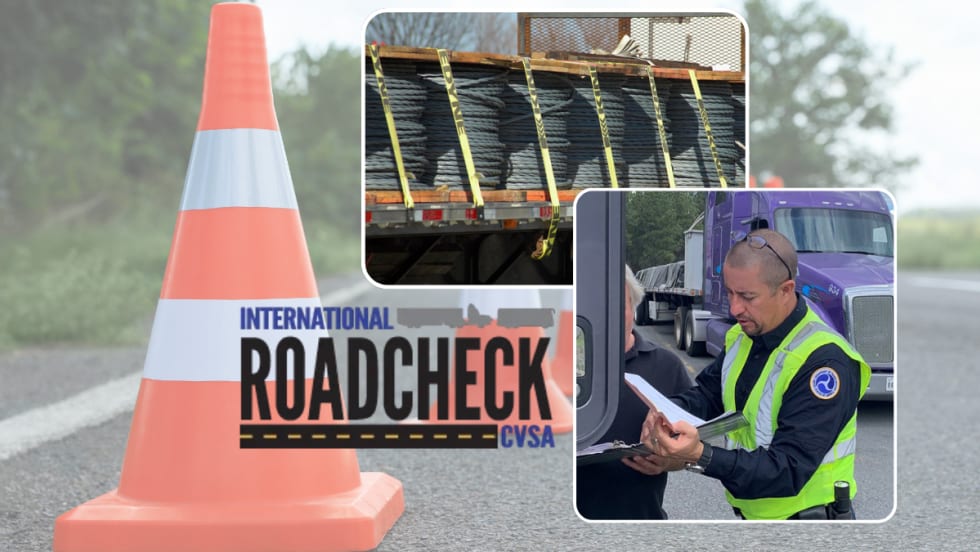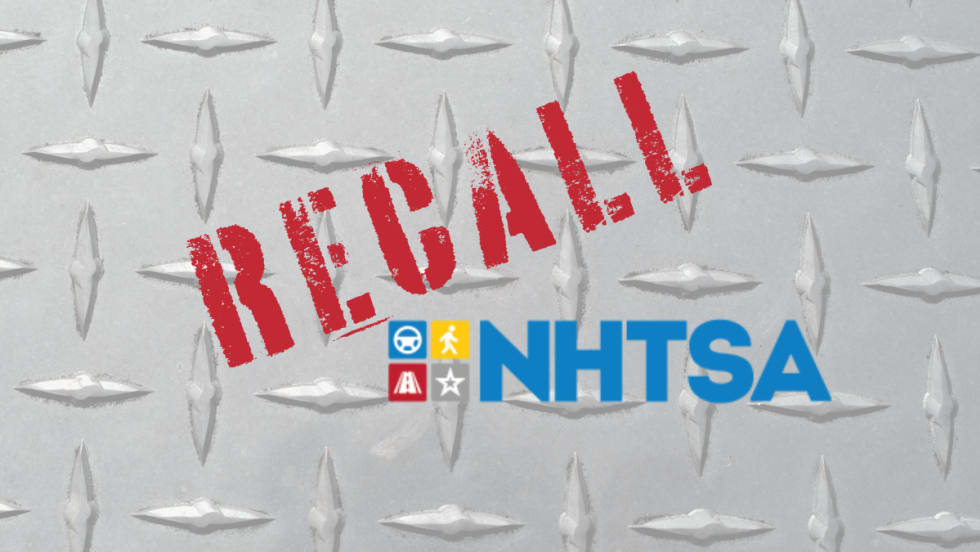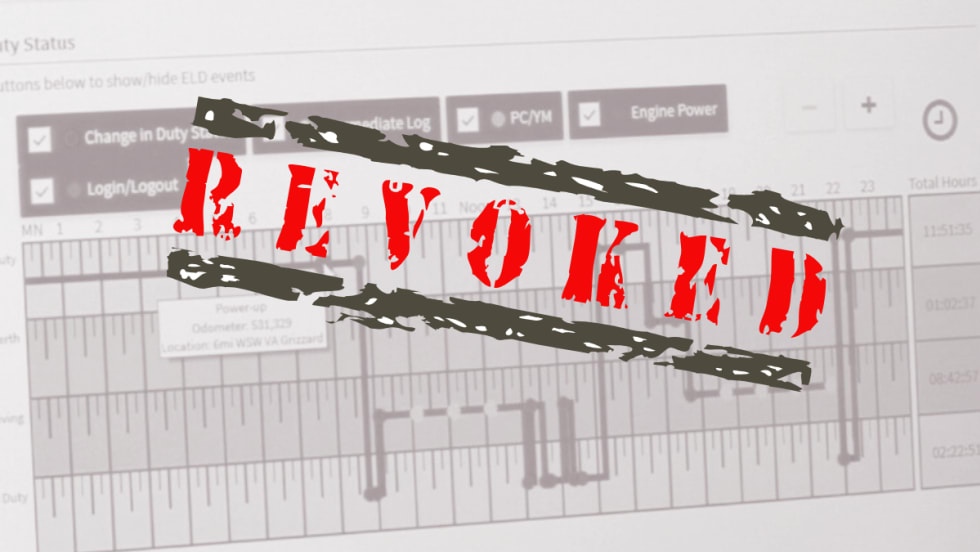A New York truck driver is suing a company that sells cannabidiol (CBD) products for deceptive business practices after he lost his job as an over-the-road hazmat driver when he failed to pass a random drug test.
The driver, Douglas Horn, said the product he used, Dixie X, was marketed by Dixie Botanicals for use in treating inflammation and pain. In the advertisement, the company stated that Dixie X contained 0.00 THC in it, according to court documents. Horn had been in an accident in 2012 that left him with chronic pain and rather than take prescribed anti-inflammatory drugs or other pain medications he looked for alternative treatments which led him to discover Dixie Botanical’s CBD products.
In October of that year, Horn submitted to a random urinalysis drug test by his employer, Enterprise Transportation, and subsequently was informed that he had tested positive for a high level of THC and was terminated from the company that he had been with for 10 years. The failed drug test also prohibited him from working for any other trucking company.
Laws addressing CBD and marijuana usage in the U.S. are complex. CBD derived from hemp products that contain less than 0.3% THC are federally legal, but THC levels above that or CBD derived from marijuana plants continue to be illegal under federal law.
The laws are so confusing that when Horn sent the bottle of CBD oil to an independent lab to get it tested for THC, the lab refused to test it or send it back to him because that would have made them criminally liable for transporting an illegal substance.
This could continue to be a serious issue for fleets as CBD products can be marketed as hemp-based products with low levels of THC to their employees.
In a blog post by the law firm Seyfarth Shaw, the author recommends that employers should be cautious with employees that use medicinal marijuana or CBD products. One reason is that the CBD industry is a new and unregulated industry. It is also dealing with products that are often subject to different standards depending on the state you work in and introduces legal complexities that are far from clear.
The author recommends that employers address marijuana and CBD use in their policies, educate employees on the subject, and train managers on how to deal with situations around failed drug tests related to CBD product use.














